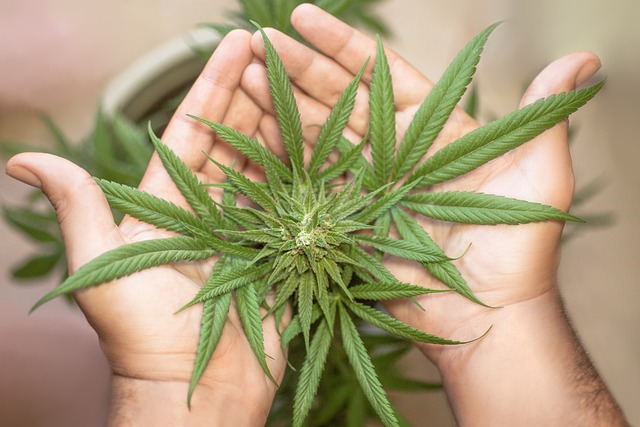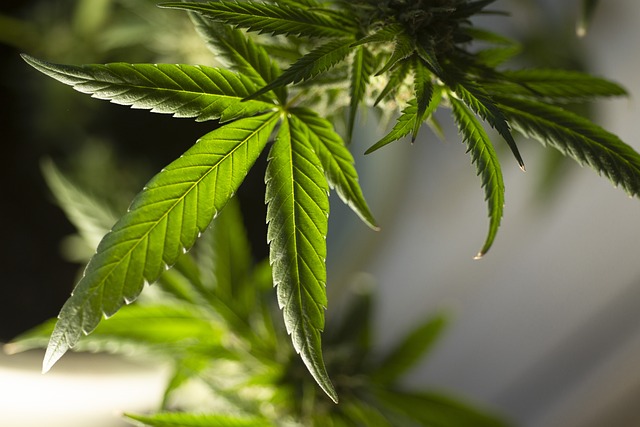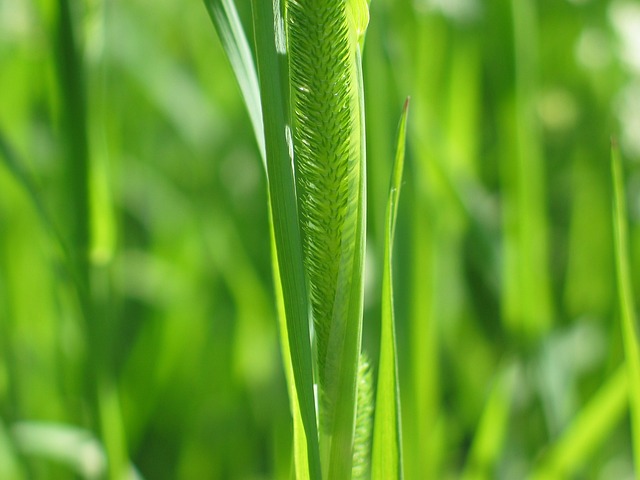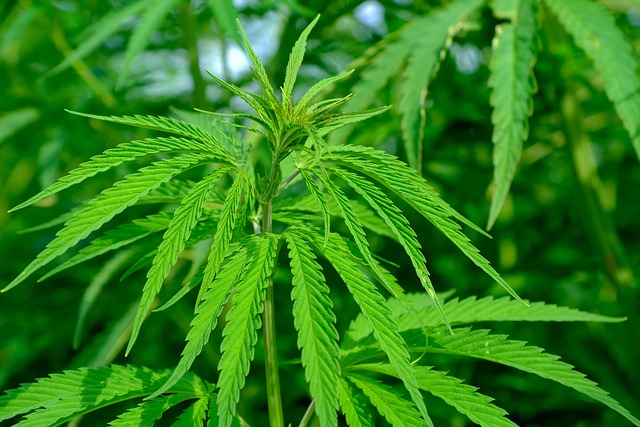In South Carolina, THCA (Tetrahydrocannabinolic Acid), a non-psychoactive cannabinoid, has emerged as a significant component of the cannabis industry due to its potential health benefits and therapeutic properties. The legal status of THCA in the state is distinct from that of its psychoactive counterpart, Delta-9 THC, with hemp-derived THCA products being permissible under state law, provided they contain less than 0.3% Delta-9 THC, in alignment with federal guidelines. South Carolina's regulatory framework allows for the cultivation, processing, and sale of these products, which offer wellness benefits without inducing a high. Conversely, Delta-9 THC remains classified as a controlled substance. Consumers and manufacturers must navigate this nuanced legal environment to ensure compliance with both federal and state regulations regarding cannabinoids, particularly THCA, in South Carolina.
Explore the emergence of THCA flowers as a significant player in the cannabis landscape, particularly within the context of South Carolina’s evolving legal framework. This article sheds light on the unique properties and potential of THCA, a non-psychoactive precursor to Delta-9 THC found in hemp and cannabis plants. From understanding its legal standing to exploring the medicinal benefits and cultivation guidelines, delve into the nuanced world of THCA and its implications for health, regulation, and consumer safety. As we navigate the intricacies of THCA’s role in South Carolina’s hemp industry, this comprehensive guide will equip you with knowledge on sourcing, storing, and using THCA flowers responsibly. Join us as we dissect the science behind decarboxylation, examine research on its effects, and consider the future directions for THCA within the realm of cannabinoid therapy.
- Understanding THCA Flower and Its Legal Status in South Carolina
- The Rise of THCA as a Precursor to THC in Cannabis Products
- Key Differences Between THCA and Delta-9 THC
Understanding THCA Flower and Its Legal Status in South Carolina

Throughout recent years, the conversation surrounding cannabis and its derivatives has evolved significantly. Among the myriad compounds found in the Cannabis sativa plant, Tetrahydrocannabinolic Acid (THCA) has garnered attention for its potential therapeutic benefits. THCA is the raw, non-psychoactive form of THC, which becomes psychoactive when heated, a process known as decarboxylation. As an initial step in understanding THCA flower’s role, it’s crucial to recognize that this cannabinoid exists in its natural state within raw cannabis flowers.
In South Carolina, the legal landscape for THCA and other cannabinoids has been navigated with cautious steps. The state has specific laws regarding the use and possession of cannabis and its derivatives. As of the latest updates, South Carolina allows the use of CBD products that contain less than 0.3% THC, provided they are derived from industrial hemp compliant with federal and state laws. However, THCA flower is a more complex subject due to its close relationship with THC, which remains classified as a Schedule I controlled substance under federal law and as a Schedule I or IV controlled substance under South Carolina law. This classification means that possessing, selling, or using THCA flower for any purpose other than research or a clinical trial requires compliance with state regulations and may only be done legally under specific circumstances. It’s imperative for individuals interested in THCA flower to stay informed about the evolving legal status of cannabinoids in South Carolina to ensure they are adhering to the current laws and regulations.
The Rise of THCA as a Precursor to THC in Cannabis Products

THCA, or tetrahydrocannabinolic acid, is garnering attention within the cannabis industry, particularly as a precursor to the well-known psychoactive compound THC. As research continues to unveil the potential benefits and effects of cannabinoids, THCA has emerged as a subject of intrigue for consumers and producers alike. This cannabinoid exists naturally in raw cannabis plants and is non-psychoactive, contrasting with its heated counterpart, THC. The rise of THCA in cannabis products coincides with evolving legal landscapes, such as its status in South Carolina, where legislative changes have opened doors for the cultivation, processing, and sale of hemp-derived products containing less than 0.3% THC.
The potential therapeutic properties of THCA, which include anti-inflammatory, neuroprotective, and analgesic effects, are driving its integration into a variety of wellness products. These range from topicals to oils, allowing consumers to experience the benefits of cannabinoids without the psychoactive effects typically associated with THC. As South Carolina’s legal framework continues to adapt to accommodate hemp-derived products, THCA is becoming increasingly accessible to those interested in exploring the full spectrum of cannabis’ offerings. The growing body of anecdotal and scientific evidence supporting THCA’s wellness benefits further cements its place as a key component in the evolving cannabis market. Consumers interested in the potential wellness applications of THCA should stay informed about the specific legalities within their jurisdiction, such as those in South Carolina, to ensure compliance with state laws while exploring this promising cannabinoid.
Key Differences Between THCA and Delta-9 THC

THCA, or tetrahydrocannabinolic acid, and Delta-9 tetrahydrocannabinol (Delta-9 THC) are both prominent cannabinoids found in the Cannabis sativa plant. While they share a similar molecular structure, their effects and legal status differ significantly, particularly in contexts like South Carolina. THCA is the raw, acidic form of THC found in the live cannabis plant. It’s non-psychoactive, meaning it doesn’t induce the high associated with Delta-9 THC. As such, THCA is often favored for its potential therapeutic properties, including anti-inflammatory and neuroprotective effects, without the psychoactive impact.
In South Carolina, where cannabis laws are evolving, THCA is legal under certain conditions. Specifically, THCA is permissible in products derived from hemp, provided these products contain less than 0.3% Delta-9 THC on a dry weight basis, as per the 2018 Farm Bill and subsequent state legislation. This legal distinction is crucial for consumers and manufacturers alike, as it opens up a market for hemp-derived products that can legally contain THCA without the psychoactive effects of Delta-9 THC. In contrast, Delta-9 THC, the primary psychoactive component in cannabis, remains a controlled substance in South Carolina under state law, despite the legalization of medical cannabis with low THC content for certain conditions. This distinction highlights the importance of understanding the differences between these compounds when considering their use and legality within the state’s regulatory framework.
South Carolina’s evolving stance on cannabis, particularly regarding the legality of THCA flower, marks a significant step forward in the state’s approach to hemp-derived products. As THCA gains prominence as a precursor to Delta-9 THC in various cannabis formulations, understanding its nuanced effects becomes increasingly important for consumers and producers alike. The distinctions between THCA and its psychoactive counterpart, Delta-9 THC, highlight the potential for THCA to offer wellness benefits without intoxicating effects, a topic that deserves continued research. For those in South Carolina looking to explore the potential of THCA, it’s clear that this cannabinoid holds promising avenues for health and well-being within the legal parameters set forth by state laws.
